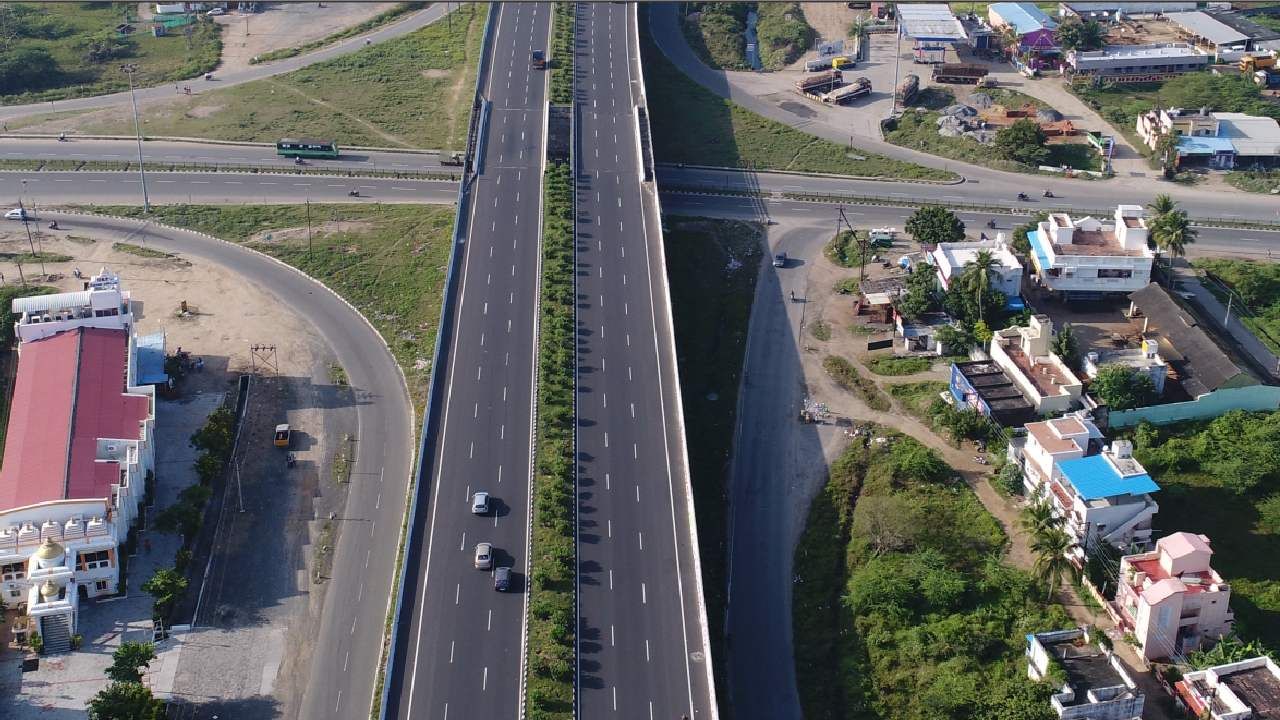Chennai: In a significant leap towards smart infrastructure, the National Highways Authority of India (NHAI) is preparing to launch Tamil Nadu’s first Internet of Things (IoT)-integrated highway on the busy Tambaram-Tindivanam stretch of National Highway 32 (NH-32). This 100-kilometer corridor will become a testing ground for advanced highway management systems that promise to enhance safety, reduce energy consumption, and improve traffic management through real-time monitoring.
Tamil Nadu’s first Internet of Things (IoT): Smart Infrastructure for Safer Travel
The centrepiece of this transformation will be the installation of GPS-enabled sensor-based streetlights along the entire stretch. These intelligent lighting systems will automatically adjust their brightness based on real-time traffic flow, dimming or switching off completely in areas with low vehicle movement. Beyond illumination, the IoT network will serve as the highway’s nervous system, constantly monitoring road conditions to identify accident-prone zones, traffic bottlenecks, and even developing potholes.
The system’s emergency response capabilities represent a major advancement in highway safety. By integrating with ambulance networks and highway patrol units, the IoT infrastructure will enable faster emergency response times during accidents. Sensors will automatically detect incidents and alert nearby response teams, while also providing real-time traffic data to optimize their routes. Maintenance crews will receive instant alerts about malfunctioning equipment or developing road hazards, allowing for proactive repairs before conditions worsen.
Blueprint for India’s Highway Future
This pilot project marks Tamil Nadu’s entry into the realm of smart highway infrastructure, building on similar initiatives already underway in Maharashtra and Gujarat. NHAI officials emphasize that the NH-32 project represents more than just technological demonstration – it’s a comprehensive reimagining of highway management designed to save lives, conserve energy, and improve the travel experience for millions of motorists.
The success of this 100-km smart corridor could pave the way for state-wide expansion, with potential future upgrades including artificial intelligence-based traffic prediction systems, automated violation detection, and even environmental monitoring for air and noise pollution.
With implementation expected to begin in the coming months, the Tambaram-Tindivanam smart highway project positions Tamil Nadu at the forefront of this transportation revolution.
